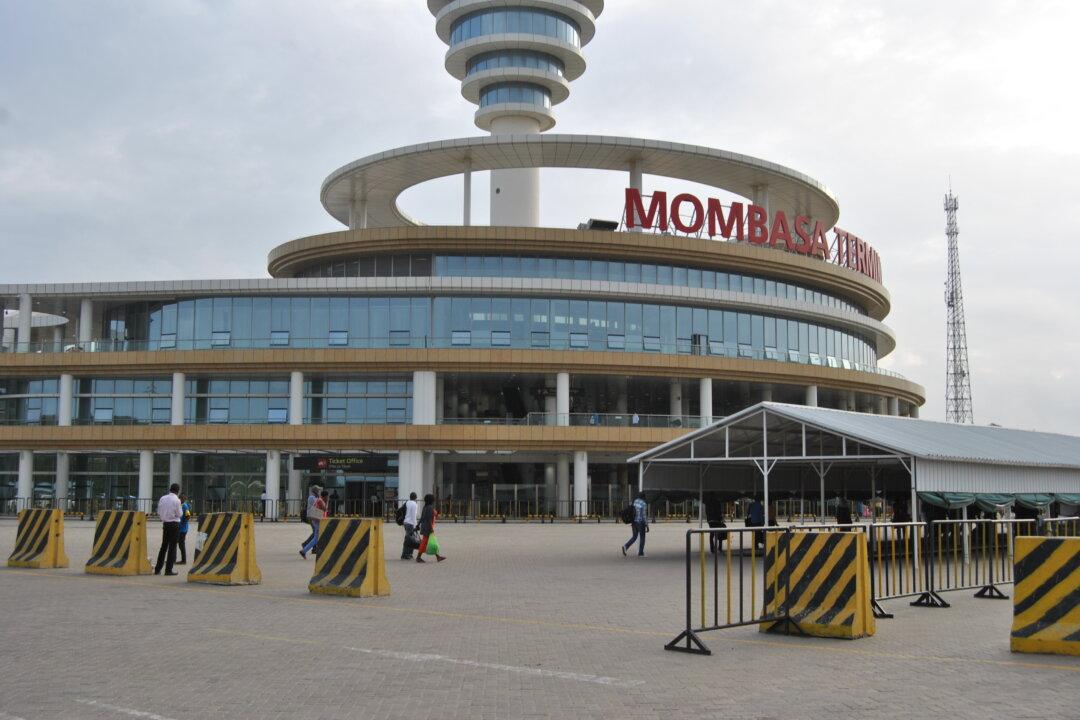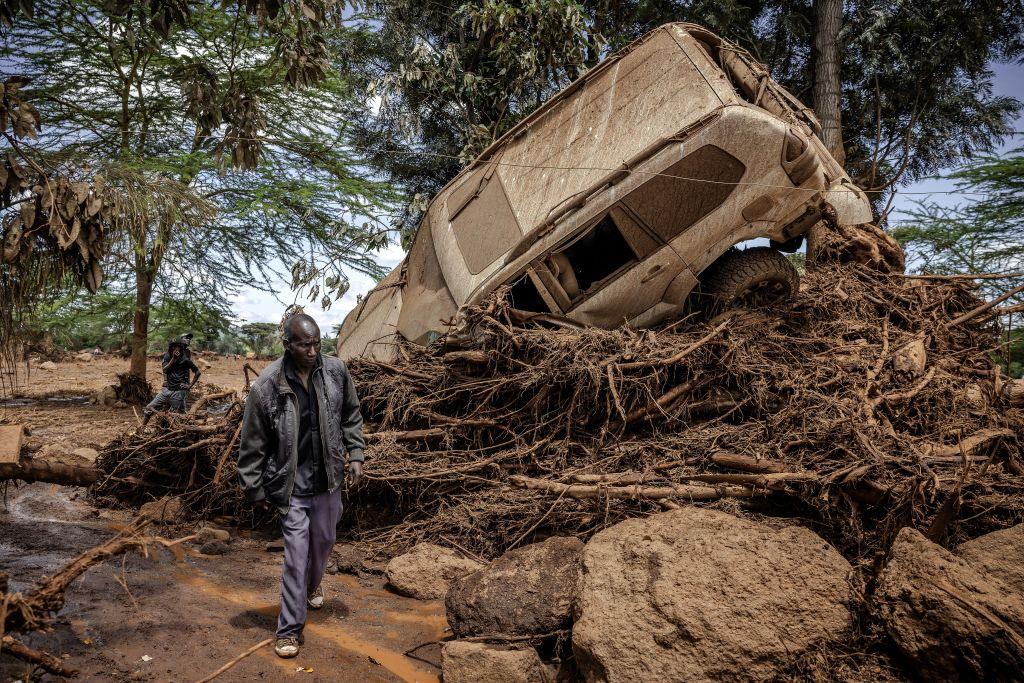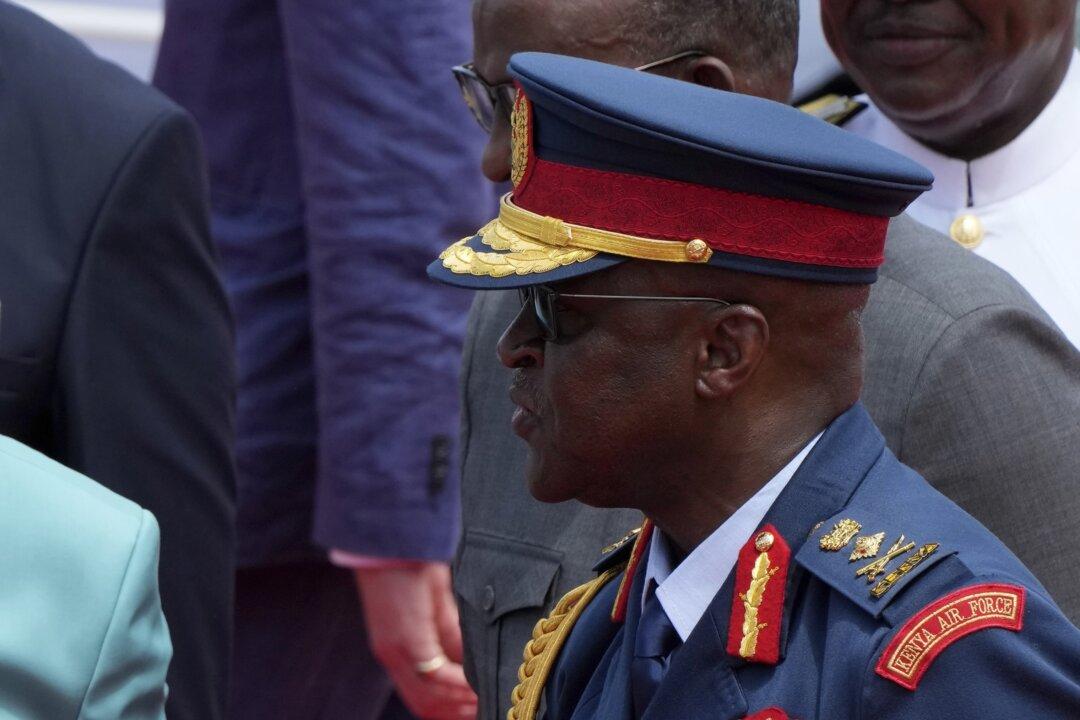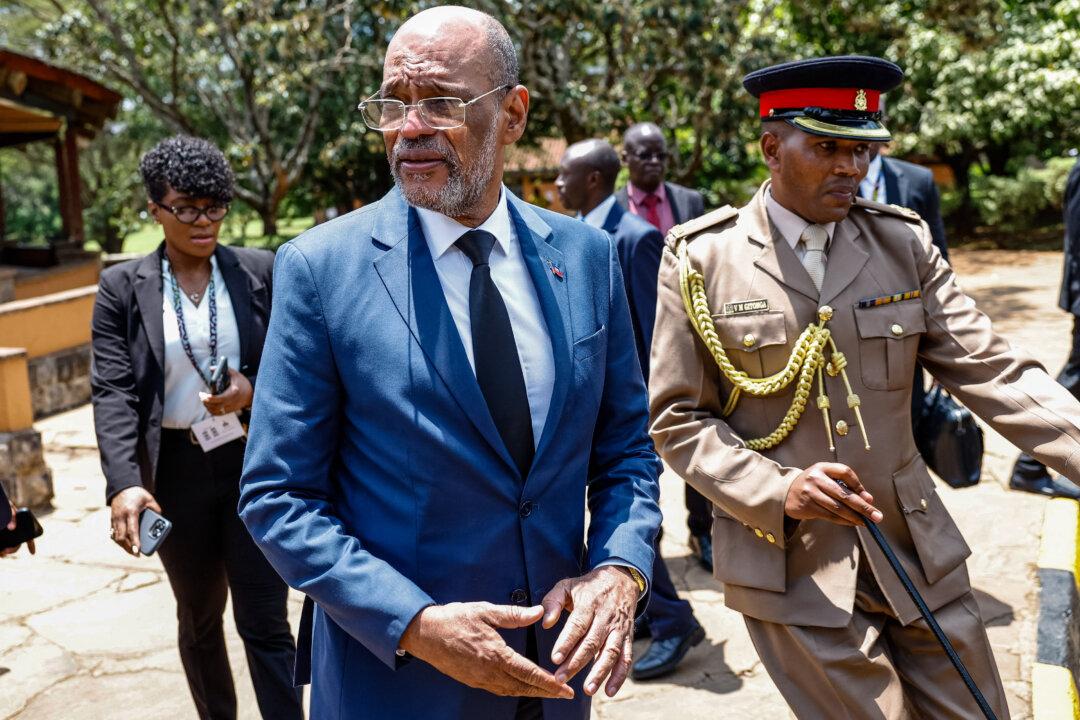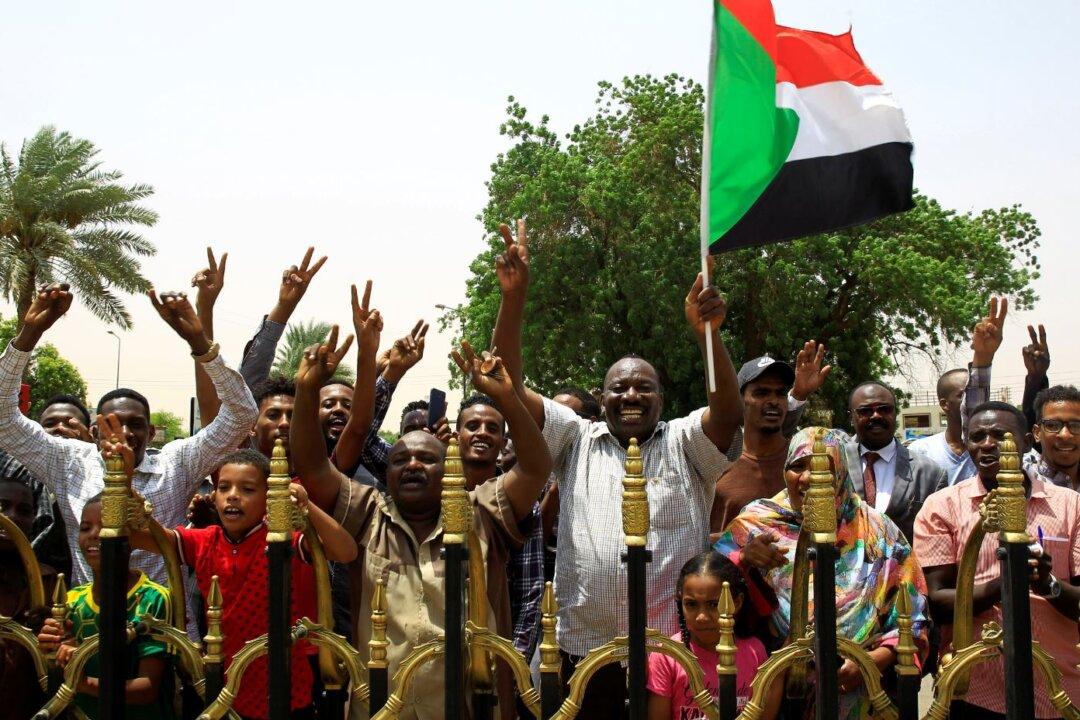MOMBASA, Kenya—The Kenyan government may lose not only some key assets but also have its sovereign rights undermined if it defaults on repaying a loan it owes to China’s Export and Import Bank (Exim).
Details have emerged in recent weeks that show Kenya’s assets would serve as collateral and would be seized by Beijing upon failure to repay the loan.
